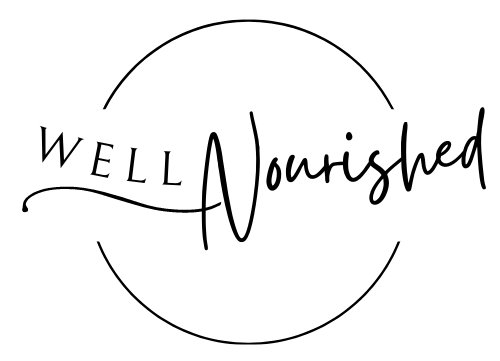Supplements for mental health refer to dietary supplements that are specifically formulated to support and promote mental well-being. They are intended to complement a healthy lifestyle and may provide additional nutrients, herbs, or other bioactive compounds that are believed to have beneficial effects on brain function, mood regulation, stress management, cognitive performance, or other aspects of mental health.
It’s important to note that while supplements can be a part of a comprehensive mental health approach, they should not replace evidence-based treatments or professional medical advice.
Here is an overview of common types of supplements used for mental health:
- Omega-3 fatty acids: Omega-3 fatty acids, particularly eicosapentaenoic acid (EPA) and docosahexaenoic acid (DHA), are essential fatty acids found in fatty fish, walnuts, and flaxseeds. They are believed to play a role in brain health and are often recommended as supplements for conditions such as depression and anxiety.
- B vitamins: B vitamins, including vitamin B6, B9 (folate), and B12, are involved in neurotransmitter synthesis and brain function. Supplementation with B vitamins may help support mental energy, mood regulation, and cognitive performance.
- Vitamin D: Vitamin D is known as the “sunshine vitamin” because our bodies can produce it when exposed to sunlight. Adequate vitamin D levels are important for brain health, and deficiency has been linked to depression and other mental health conditions. Vitamin D supplements may be recommended, particularly for individuals with low sun exposure or insufficient dietary intake.
- Herbal supplements: Certain herbal supplements have been used for centuries in traditional medicine to support mental health. Examples include St. John’s Wort for mild to moderate depression, ashwagandha for stress and anxiety, and valerian root for sleep disturbances. However, it’s important to note that herbal supplements can interact with medications and may have varying levels of scientific evidence supporting their effectiveness.
- Adaptogens: Adaptogens are a class of herbs and fungi that are believed to help the body adapt to stress and promote balance. Popular adaptogens for mental health include Rhodiola rosea, ashwagandha, and holy basil. They are often used to support stress management and overall well-being.
- Other supplements: There are several other supplements commonly used for mental health, such as magnesium, zinc, L-theanine, and 5-HTP. These supplements may have various mechanisms of action and are believed to influence neurotransmitter activity, stress response, or sleep patterns.
Supplements are used as part of a holistic approach to mental health at Well Nourished. This includes maintaining a balanced diet, regular exercise, adequate sleep, and stress management.





